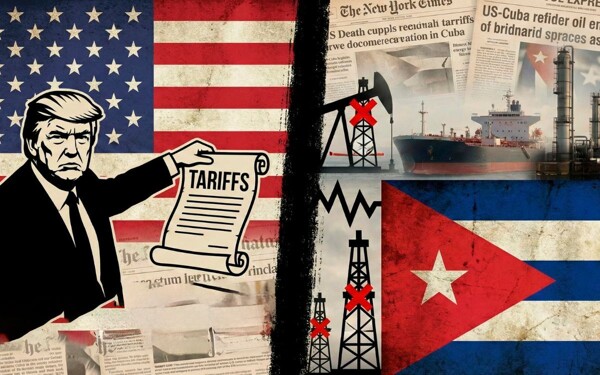
A modern industrial policy for Mexico should rest on ten essential strategic pillars. One of them is innovation and technological development. This must go hand in hand with an active trade policy that diversifies markets, adjusts tariffs intelligently, and protects key sectors. Another important pillar is human capital and technical education, which require institutional capacities, strategic vision, and an industrial policy that meets the challenges of the 21st century.
This shift has revalued the role of the State as an architect of development, especially through active industrial policies. Mexico is at a crucial moment and needs to adjust various aspects to enhance its industrial development. Reducing the cost of the spectrum, expanding connectivity throughout the territory, and designing a competitive digital policy are some of the current needs.
Furthermore, a national infrastructure strategy aligned with industrial hubs, accelerated modernization of ports, railway networks, and roads, as well as investments in energy and water infrastructure, are required. Sustainability and clean energy must also be prioritized in this modern industrial policy.
Achieving effective coordination between public and private actors, national capabilities, and global opportunities, as well as between present urgencies and future challenges, is crucial. Fiscal incentives should be directed towards strategic sectors such as advanced manufacturing, energy, and digitization to boost growth and productive resilience.
Mexico has the opportunity to become an innovative economy if it manages to build a new generation of public policies that address the challenges of competitiveness, sustainability, and economic security. The roadmap for public action should be clearly outlined in this regard.
It is essential to strengthen infrastructure and logistics, ensure a solid legal framework, and invest in energy transition as a factor of competitiveness. Additionally, sustainable fiscal and trade policy, digital inclusion, gender equity, productive linkages, and local suppliers are key aspects to consider in a modern and effective industrial policy for Mexico.
In this process, governance and monitoring will play a fundamental role, as will the creation of a multisectoral coordinating body, periodic evaluation of results, inclusion of society in strategic decisions, and transparency in the use of public resources. Promoting digitization and connectivity, as well as access to diversified financing, are also among the priorities to strengthen industrial competitiveness in the country.














